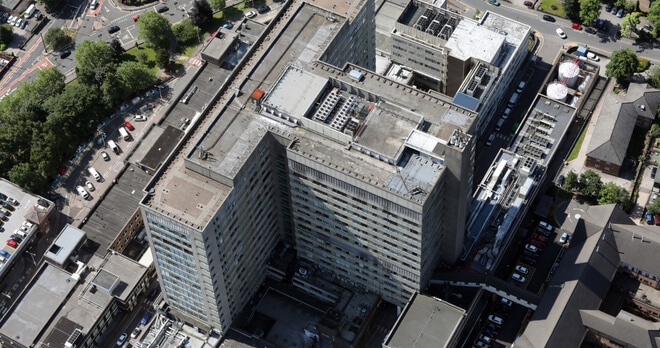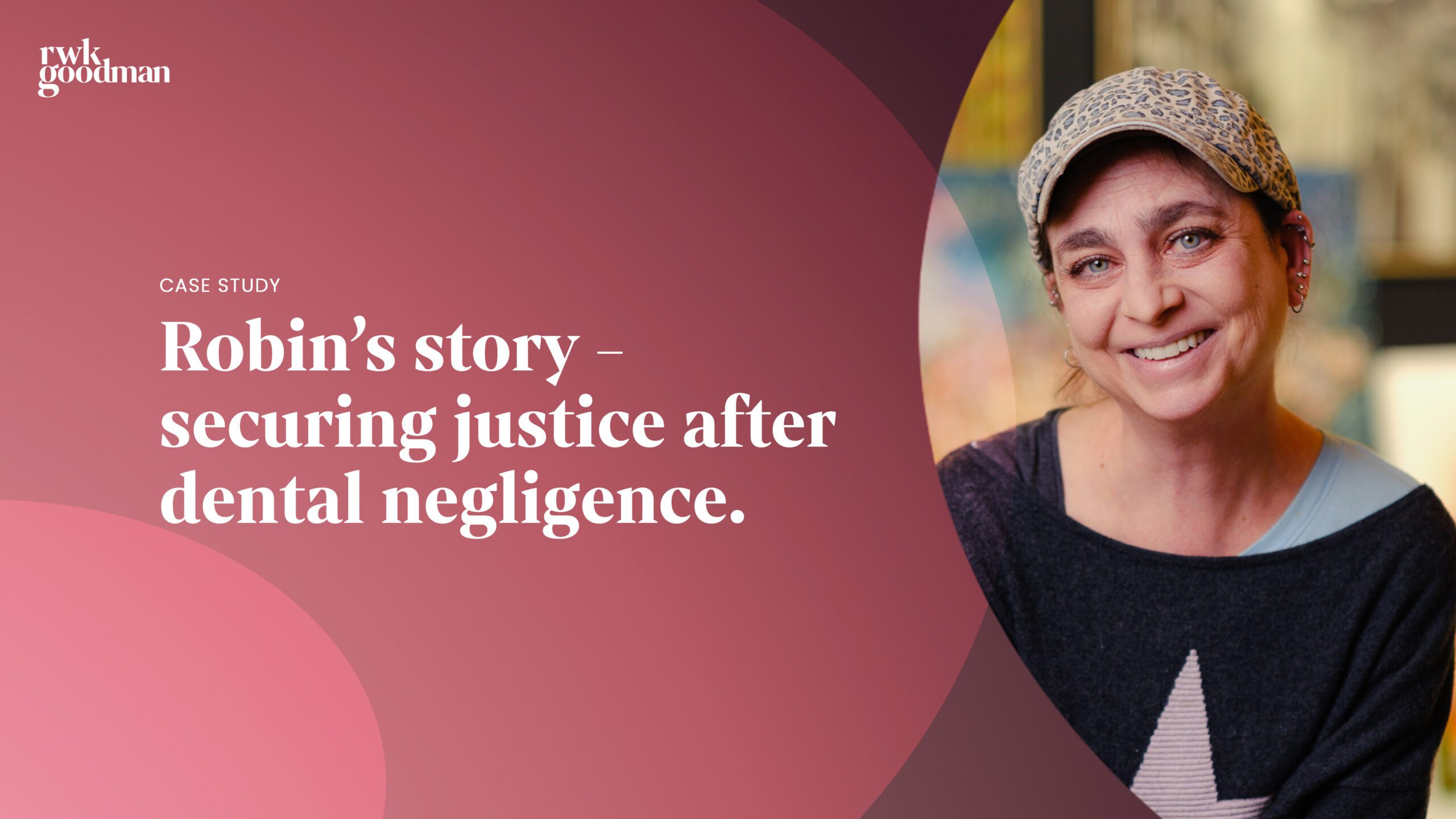Can I sue the NHS for medical negligence?

Suing the NHS is an emotive topic, and one that usually elicits a range of reactions. However, everyone who suffers an injury as a result of a negligent action or inaction has the right to sue for damages under the principle of tort. Indeed, thousands of people are injured on the road or street and pursue a claim against the negligent person’s or parties’ insurers.
If someone suffers as a result of negligent treatment in a hospital they have this same right. However, some people hold significantly different views about suing an insurer than they do about suing the NHS.
Why do people sue the NHS?
The NHS in 2018 conducted its own research into why people make claims, and almost two thirds (63%) of respondents felt that no explanation for why an incident occurred was given to them. The majority of those who received an explanation waited ten days or more following the incident.
So, why would this cause people to sue? Staggeringly, the majority (71%) of respondents did not think that their healthcare provider undertook any actions to investigate the incident in the first place. Of those who did complain the majority (69-75%) rated the response to their complaint as ‘poor or very poor’ in terms of accuracy, empathy, speed of the response and level of detail.
Under these circumstances, it is clear that many find the only way to get real answers and redress is to bring legal action.
How many people successfully sue the NHS?
The NHS received notification of 15,078 new clinical negligence claims in 2021/22, 13,070 of which settled (87%). It is also worth noting that 77% of these settled without the claims needing to go to court.
How do I sue the NHS for negligence?
The first step if you think you have a negligence claim against the NHS is to contact a specialist solicitor. They can help you to understand all your options, explain how your claim might be valued more accurately, and get you started on the road to hopefully receiving the settlement you deserve.
What is the average payout for NHS medical negligence?
From the total of 13,070 claims NHS Resolution settled in 2021/22, the average compensation received was £352,213. However, it is worth noting that the majority of claims settled by NHSR were valued under £50,000 (35%).
A perspective on suing the NHS
Given the legal right then, and the numbers of people who claim, do you think it’s right that someone should sue?
We have recently secured £15.1m for a person injured at birth and left with significant disabilities. She now has enough money to pay for 24-hour care that the NHS agrees she needs as a result of its negligence. She will also have a home that she can access which the NHS agrees she needs as a result of their negligence. She has been compensated for the pain and suffering which the NHS admits she would not have suffered but for the negligent treatment. And, finally, she now has compensation for the loss of income that she would have earned but for the NHS’ negligence.
This person didn’t want to sue the NHS, and her parents didn’t want to sue the NHS. Unfortunately, situations like this leave families with little choice but to seek legal redress and, whilst they aren’t common, they happen more often than they should.
It’s also worth remembering the legal test that all claimant solicitors have to prove when bringing a negligence claim – that a medical practitioner has breached their duty of care, and not exercised a reasonable standard of skill or care when treating someone. This is not an easy hurdle to overcome; the standard requires other medics who are prepared to stand up in court and say that their colleagues’ actions are so bad as to be classed as negligent.
How much does negligence actually cost the NHS?
The NHS is self-insured and has a body called NHS Resolution to handle its claims, and in 2021-22 spending on clinical negligence claims totalled £2.5bn. This is just 1.3% of the NHS’s total budget for that year.
Perhaps the main bone of contention when it comes to suing the NHS is that it stretches an already pressured public service.
Putting aside the fact that it is not clinical negligence solicitors who have caused these budgets to be stretched, it is worth identifying the real scale of the NHS’s negligence bill. Big numbers make impressive headlines, but do they give all the necessary context to rising medical negligence costs?
The NHS is an emotive subject. We all have, and will, come into contact with it. No doubt we are lucky to have it but it is funded by us as the taxpayer and so when people are treated negligently it is vital that compensation is payable.
If you have been injured as a result of medical negligence, and think you have a claim for compensation, feel free to contact our specialist team to find out how we can help.
If you have been injured as a result of negligent medical treatment, our specialist team are here to help explain your legal options.
Call now
Find out more about making a medical negligence claim
Read more on the topic of medical negligence
View more articles related to Medical negligence



